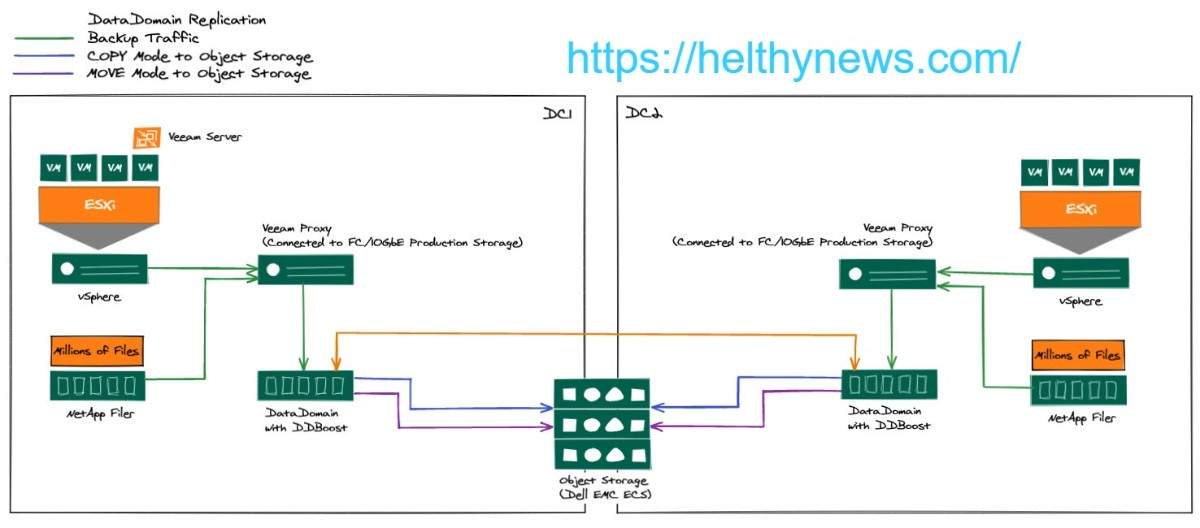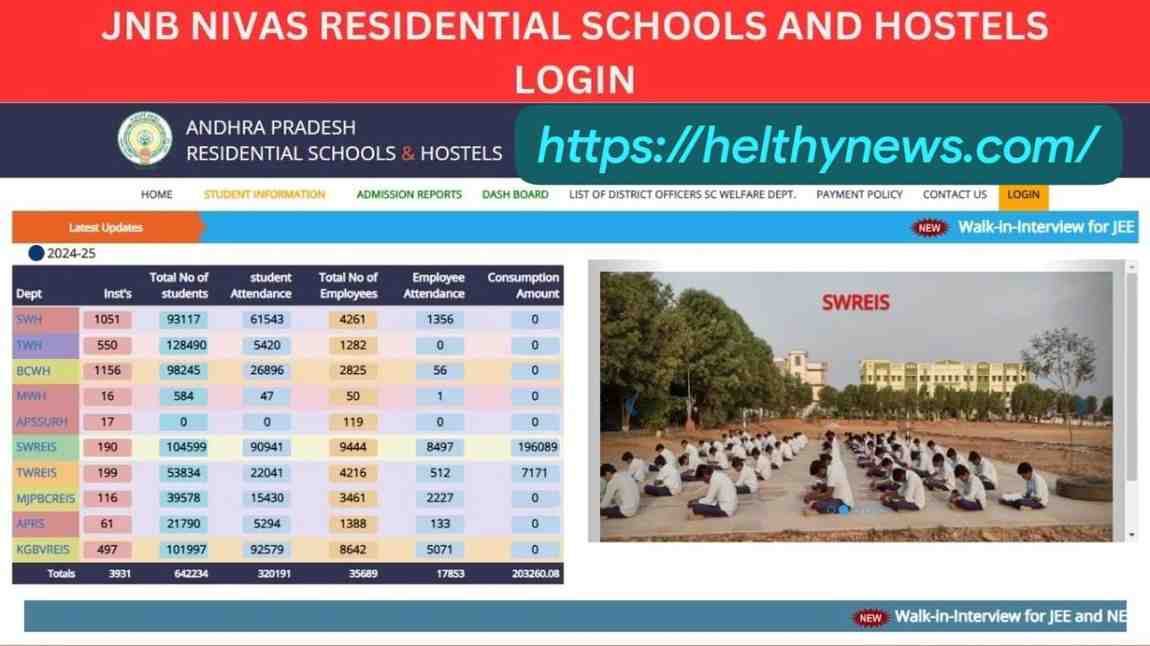
Getting to be a first-time homebuyer may be a fantastic step. It’s more than a fair monetary venture; it’s a critical turning point speaking to solidness, development, and accomplishing a long-lasting dream for numerous. But one vital address between you which culminates domestic: Fintechzoom How Much House Can I Afford? Exploring the complex world of mortgages and genuine bequests can be overwhelming, particularly if you would like to offer assistance in figuring out where to start. This comprehensive directive is outlined to demystify the method, giving clarity and understanding so you’ll certainly move forward.
The Importance of Understanding Affordability in Homebuying
The appeal of homeownership is evident, but the travel requires a sharp monetary approach to guarantee you’re adjusted. Understanding reasonableness isn’t around calculating the most extreme advance you’ll acquireit’s almost finding a maintainable and comfortable level of domestic possession.
Determining Your Budget
Before you start browsing listings, take a close look at your financial situation. Honest self-assessment is critical.
Assessing Your Financial Situation
Begin by assessing your current financial health. Factors to consider include:
- Regular income streams
- Investment portfolio
- Savings accounts
- Retirement funds
- Outstanding debts
By creating a comprehensive overview, you’ll be better equipped to make informed decisions about your homebuying capabilities.
Calculating Your Income and Expenses
Your income isn’t just your paycheck. It includes any side hustles, rental income, or other regular inflows. On the flip side, you need to categorize and realistically estimate your monthly expenses—think beyond utilities and groceries to include entertainment, travel, and other spending.
Considering Your Debt-to-Income Ratio
Lenders will scrutinize your debt-to-income (DTI) ratio, which is your monthly debt payments divided by your gross monthly income. Most lenders prefer a DTI ratio of 36% or lower, ensuring your mortgage payments don’t overly encroach on other financial obligations.
Factoring in Down Payment and Closing Costs
Typically, you’ll need a down payment of at least 20% of the home’s purchase price to avoid private mortgage insurance (PMI) and secure better loan terms. It would help if you also considered an additional 2% to 5% of the home’s value for closing costs, encompassing various transaction fees.
Understanding Mortgage Options
Mortgages are not one-size-fits-all. You have several options, each with nuances affecting what you can afford.
Types of Mortgages Available
- Fixed-Rate Mortgages: Offer a stable interest rate and, consequently, a consistent monthly payment over the life of the loan.
- Adjustable-Rate Mortgages (ARMs): Have an initial fixed interest rate that eventually adjusts based on market conditions, potentially increasing your monthly payments.
- FHA Loans: Insured by the Federal Housing Administration, these often allow for lower down payments and are an accessible option for many first-time buyers.
- VA Loans: These are offered to veterans and their families with favourable terms such as no down payment and relaxed credit requirements.
- USDA Loans: Geared towards rural and suburban homebuyers, offering zero down payment options.
Mortgage Pre-approval Process
It’s wise to get pre-approved for a mortgage before house hunting. This involves submitting your financial documentation to a lender who evaluates your creditworthiness and provides a conditional commitment for a loan amount.
Interest Rates and Terms
Keep an eye on interest rates—they heavily influence your mortgage payments. The longer the term of your loan, the lower your monthly payments, but the more you’ll pay in interest over time.
Calculating Affordability
Navigating the numbers can be complex, but there are guidelines and tools to help.
Affordability Ratios and Guidelines
Lenders often use two main ratios to determine affordability:
- Housing expense ratio: Your mortgage payment, including principal, interest, taxes, and insurance, divided by your income. Generally, this should be 28% of your gross income.
- Debt-to-income ratio: The sum of your mortgage payment, property taxes, insurance, and other debts (car loans, student loans, minimum credit card payments) should not exceed 36% of your gross income.
Using Online Calculators
Online mortgage calculators can provide quick estimates of what you can afford. These tools usually ask for your income, monthly debts, down payment amount, and desired loan term to compute your maximum mortgage amount.
Considering Other Costs
Homeownership comes with additional expenses, including property taxes, homeowner’s insurance, HOA fees, and ongoing maintenance. Ensure these are accounted for in your budget to avoid any financial surprises.
Tips for Affordability
Sometimes, the path to homeownership requires some financial manoeuvring. Here are some strategic moves to help you afford the home you want.
Managing Debt
Consider strategies to reduce your existing debt, such as increasing your payments, consolidating debts, or negotiating lower interest rates.
Increasing Income
If your income falls short of your desired home, consider looking for a higher-paying job, taking on a side hustle, or investing to boost your cash flow.
Saving for a Larger Down Payment
The more you can put down, the less you’ll need to borrow. Saving aggressively by cutting unnecessary expenses or finding additional sources of income can help you reach a more substantial down payment.
Considering Co-ownership Options
If finances are restrictive, exploring co-ownership with a family member, friend, or trusted partner can expand your buying power.
Conclusion
The address, “Fintechzoom How Much House Can I Afford?” is more complex than a straightforward math issue. It’s an individual evaluation of your current and future monetary well-being. After the rules, you’ll be able to to set a reasonable and economical budget, investigate the custom-made contract alternatives to your needs, and move closer to the dream of domestic proprietorship.
Remember that looking for proficient exhortation, such as that of a money-related advisor or contract broker, is brilliant. They can give custom-fitted directions, explore complex money-related language, and offer arrangements that take time to be precise. With persistence, exhaustive investigation, and a clear understanding of your money-related capabilities, your way to homeownership will be well laid out.
Setting out to buy a domestic is an energizing chapter in your life. It’s a more fulfilling travel when you’ve made educated choices, almost the foremost significant investment you’ll likely create. With this direct, you’re well-equipped to continue with certainty and clarity.






